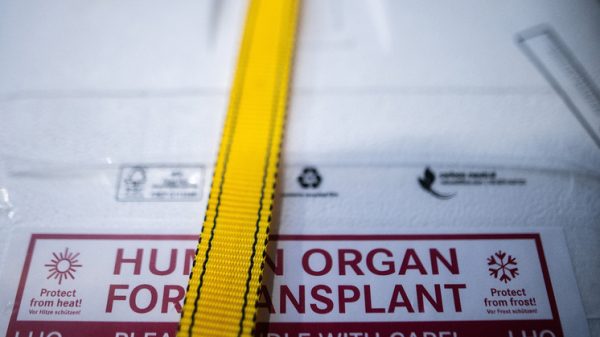New Zealand’s court of appeal has ruled that internet entrepreneur and Megaupload founder Kim Dotcom could be extradited to the United States to face racketeering and criminal copyright charges.
The court’s written decision rejected Dotcom’s appeal and upheld a lower court ruling in 2017 that the extradition could take place.
The six-year legal saga is widely seen as a test for how far the United States can reach globally to apply American firms’ intellectual property rights.
US authorities say Dotcom and three co-accused Megaupload executives cost film studios and record companies more than $500m and generated more than $175m by encouraging paying users to store and share copyrighted material.
The court of appeal said the United States had disclosed “a clear prima facie case that the appellants conspired to, and did, breach copyright wilfully and on a large scale, for their commercial gain.
Kim Dotcom seeks topnotch chef and counter-intelligence staff for new house
Read more
“An extradition hearing is not a trial. It is held to decide whether there is sufficient evidence to commit a person for trial on a qualifying offence,” the court said in its ruling.
Dotcom’s lawyer Ira Rothken told Reuters via email that his client would appeal the decision in the country’s highest judiciary body, the supreme court.
“We look forward to seeking review with the New Zealand supreme court. We think that ultimately Kim Dotcom will prevail,” Rothken said.
Dotcom’s lawyers have argued in previous court cases that copyright infringement is not a criminal offence in New Zealand and that there was not enough evidence that Dotcom and other Megaupload executives conspired to commit a crime.
German-born Dotcom, who has New Zealand residency, became well known for his lavish lifestyle as much as his computer skills.
He used to post photographs of himself with cars and vanity licence plates such as “GOD” and “GUILTY”, shooting an assault rifle and flying around the world in his private jet.
Dozens of black-clad police raided Dotcom’s mansion in 2012, breaking him out of a safe room and confiscating millions of dollars in cash and property, including a fleet of luxury cars, computers and art work.





















































Свежие комментарии